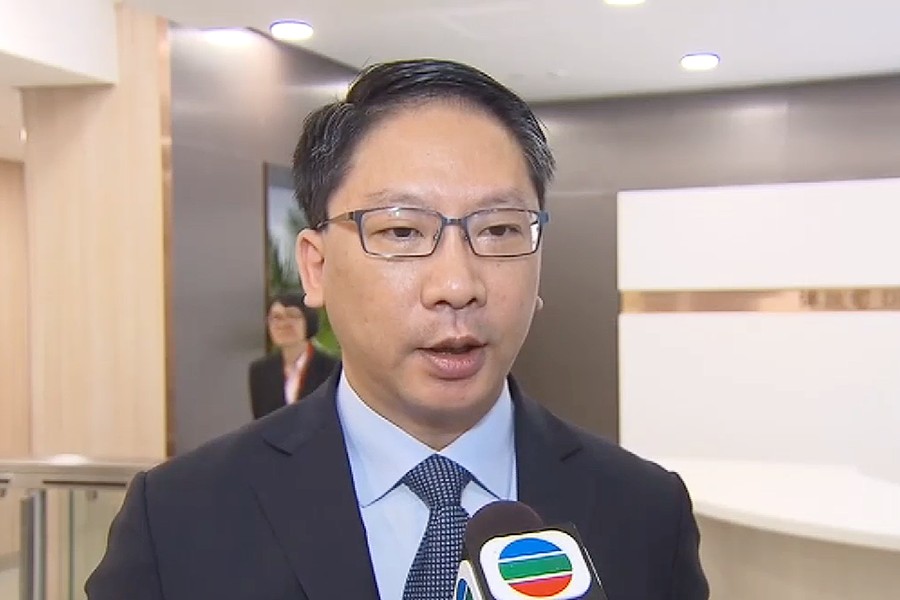Last week I finished reading “Torture Team” by Philippe Sands. The book has been out for a few years – indeed it had been hanging around my bookshelf for a few years – and it starts slowly. But after a while it pulls you in and you have trouble putting it down. There are two interlocking stories: one is of how the Bush administration managed to convince itself that the War on Terror was not, legally, a war, so people captured as part of said war were not covered by the Geneva Convention, the international agreements outlawing torture, the US Constitution, or the US Army’s code for the treatment and questioning of prisoners.
Interwoven with this is the author’s personal journey. He is, despite the curious spelling of Philippe, a senior English lawyer who became interested in the topic because he was defending a British soldier accused of mistreating prisoners in Iraq. One of the points made as part of the defence was that the British Army was pressed by the Americans to use more drastic methods of interrogation, which the Americans were already using themselves. Mr Sands then traced this back through Abu Graibh, to Guantanamo, and eventually to the White House, where large numbers of the administration’s legal advisers had happily signed up to the idea that “enhanced interrogation” was not torture and in any case the victims were not entitled to the sundry legal protections from torture available to US citizens. So there is a sort of detective story, and some interesting interactions between the inhabitants of two legal systems which, despite their common roots, have very different cultures. Not everyone’s cup of tea, but an interesting book if you find the law interesting.

The underlying theme of Mr Sands’ inquiry is about the obligations of lawyers generally. It seems that lawyers, especially lawyers appointed to posts in the gift of politicians, sometimes lose their bearings, and produce interpretations of the law which are eccentric if not perverse. The lawyers who justified the Nazi treatment of the Jews were eventually, in some cases at least, tried in a sort of special supplement to the Nuremberg war crimes trials. Mr Bush’s lot were roundly rebuked by the Supreme Court, though nobody has actually faced a trial. No doubt similar mishaps have happened less conspicuously elsewhere.
Which brings me to the day after I finished the book, when we were all presented with the spectacle of the Secretary for Justice, Rimsky Yuen, announcing that the first court appearances of the Magnificent Seven policemen alleged to have beaten up Ken Tsang, and the same Mr Tsang alleged to have committed common assault and resisted arrest, were on the same day. And this had been deliberately arranged by the Department of Justice in the interests of “procedural fairness”.

I do not suggest that Mr Yuen is in any way morally comparable with German lawyers in the 40s or White House lawyers in the aftermath of 9/11. But something similar in the way of self-deception seems to be going on here. Because procedural fairness has nothing to do with it. Fairness does not, and has never, required that offences committed on the same day should be tried on the same day. In any case the first appearance is merely a preliminary ritual. There are discussions about bail and trial dates. The actual trials will be in different courts and as Mr Tsang will presumably have to appear at both in different capacities they will need to be on different days.

What procedural fairness does require is that cases should proceed as fast as decently possible. Justice delayed is justice denied. The anxiety, stress and expense of facing an upcoming trial are not supposed to be part of the punishment. If Mr Tsang’s first court appearance was delayed in order to have it coincide with that of his seven alleged assailants then that was not an example of procedural fairness. Quite the reverse. As the case of the Seven has apparently been turned into a legal spectacular – DNA tests, opinions from legal star in London, 30 prosecution witnesses – while Mr Tsang’s appears rather minor and simple, we can I fear infer that the latter was deliberately delayed so that it would collide with the former. The convenience of this from a PR point of view is no doubt a coincidence.

Actually there is a most objectionable confusion being fostered here, because the underlying implication of linking the two cases together is that the alleged offence of Mr Tsang in some way provoked, justified, or at least can be regarded as mitigation of, the alleged offence of the Seven. And this is not the case.
The role of the police force is to arrest people suspected of crimes and bring them before the courts. Punishment by policemen is never on the menu. Tying a prisoner up and beating him cannot be justified by what happened first. Whether the victim sprayed the crowd with water, or indeed with machine gun fire, makes no difference. Whether the policemen saw him commit a violent crime or merely recognised him at the scene as someone wanted for tax evasion makes no difference. Whether his crime is awful or trivial makes no difference. In this sense when considering the guilt or innocence of the Seven it does not matter what Mr Tsang may or may not have done, and the suggestion that the two questions are linked in some way obscures an important principle. The rule of law applies to all of us. Including policemen. And the law says that punishment, however vile the offence, must be preceded by a trial.
